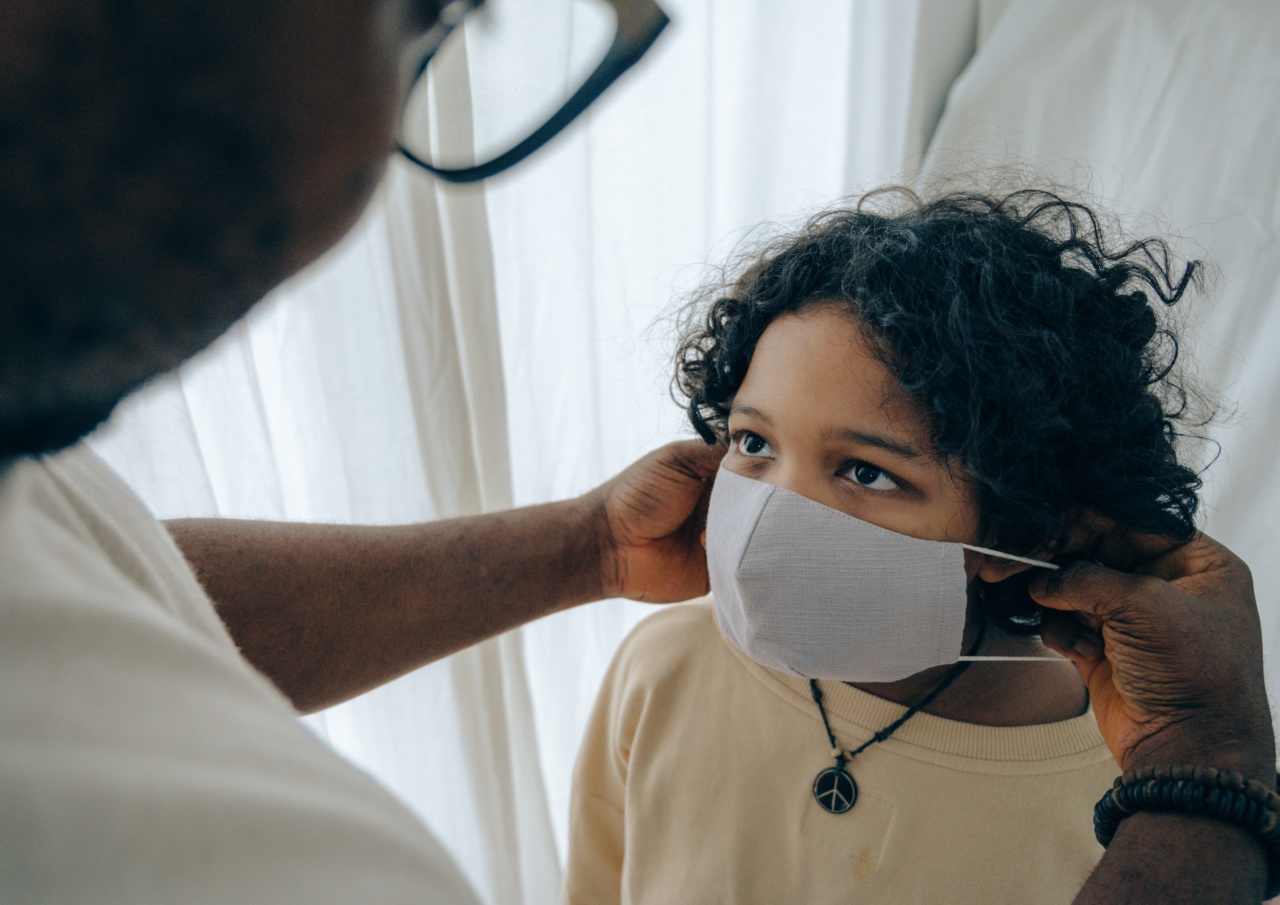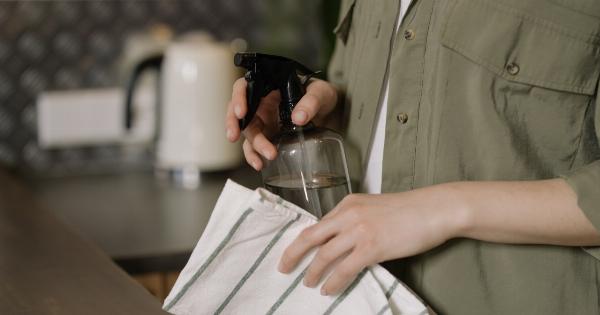The world has been rocked by the Kronitovirus outbreak, which has affected millions of people across the globe.
The virus has caused widespread panic and fear, leading to drastic measures being taken by governments and individuals alike to protect themselves from the disease. In this article, we will look at what the Kronitovirus is, how it is spread, and what you can do to protect yourself and others.
What is the Kronitovirus?
The Kronitovirus is a highly contagious respiratory illness caused by a novel coronavirus. It was first detected in Wuhan, China in December 2019 and has since spread rapidly to other countries around the world.
The virus has been named SARS-CoV-2, and the disease it causes has been named COVID-19.
The Kronitovirus is spread through respiratory droplets when an infected person talks, coughs, or sneezes. It can also be spread by touching a surface or object that has the virus on it and then touching your mouth, nose, or eyes.
Symptoms of the Kronitovirus include fever, cough, and difficulty breathing. In severe cases, the virus can lead to pneumonia, acute respiratory distress syndrome, and death.
How is it spread?
The Kronitovirus is primarily spread through respiratory droplets, which are produced when an infected person talks, coughs, or sneezes. These droplets can land on surfaces and objects, where the virus can survive for several hours to several days.
If someone touches a contaminated surface and then touches their face, they can become infected with the virus.
The virus can also be spread by close contact with an infected person. This means being within six feet of an infected person, especially if they are not wearing a mask, can put you at risk of becoming infected.
It is also possible to become infected by inhaling respiratory droplets from an infected person who is singing, shouting, or exercising.
What can you do to protect yourself and others?
There are several steps you can take to protect yourself and others from the Kronitovirus:.
Wear a mask
Wearing a mask when you are in public can help to reduce the spread of the virus. Masks should fully cover your nose and mouth and fit snugly against the sides of your face without gaps.
This helps to prevent respiratory droplets from spreading to others if you are infected and can also protect you from inhaling respiratory droplets from others who are infected.
Maintain social distancing
Avoid close contact with people outside of your household and maintain a distance of at least six feet whenever possible.
This reduces the risk of inhaling respiratory droplets from infected individuals and also decreases the chances of touching contaminated surfaces.
Wash your hands frequently
Wash your hands often with soap and water for at least 20 seconds, especially after being in public or touching surfaces outside your home. If soap and water are not available, use hand sanitizer that contains at least 60% alcohol.
Cover your coughs and sneezes
Cover your mouth and nose with a tissue or the inside of your elbow when you cough or sneeze to prevent respiratory droplets from spreading to others. Dispose of used tissues immediately and wash your hands afterward.
Clean and disinfect frequently touched objects and surfaces
Clean and disinfect surfaces and objects that you touch regularly, such as doorknobs, light switches, and cell phones. Use a disinfectant that is effective against the Kronitovirus and follow the manufacturer’s instructions for use.
Conclusion
The Kronitovirus has caused widespread panic and fear across the globe, but there are steps we can all take to protect ourselves and others from the disease.
By wearing a mask, maintaining social distancing, washing our hands frequently, and cleaning and disinfecting surfaces, we can all play a role in slowing the spread of the virus and protecting our communities.



























